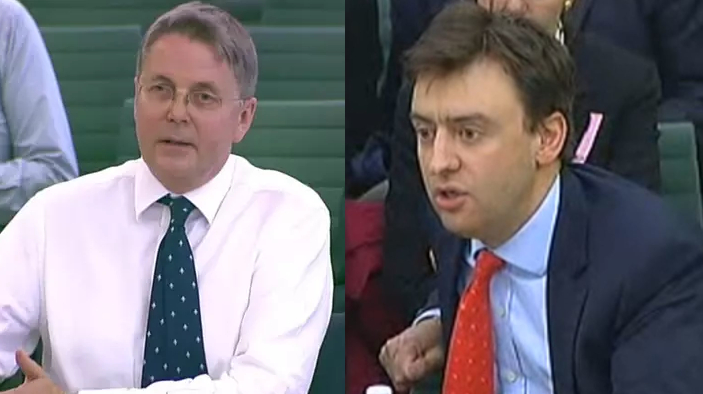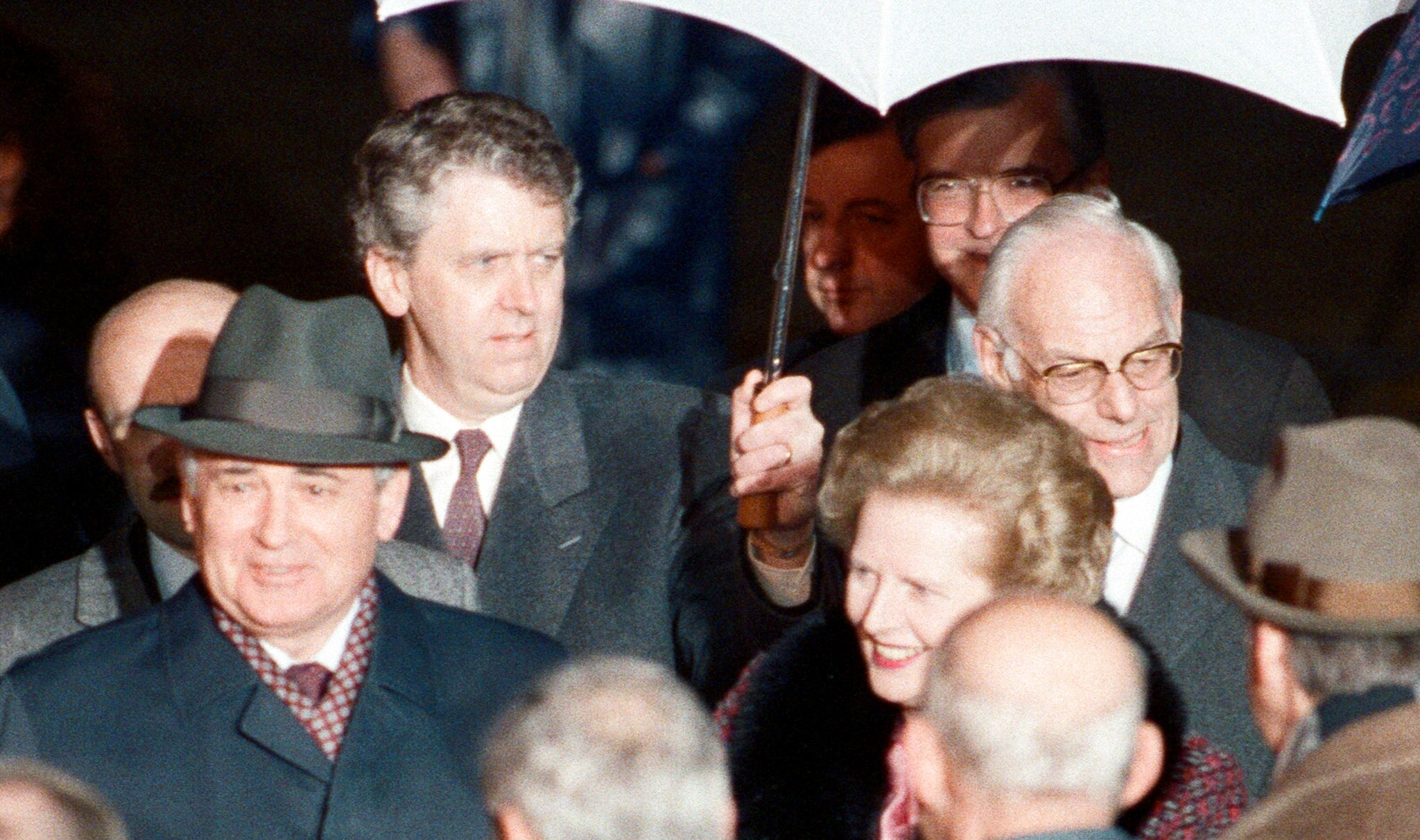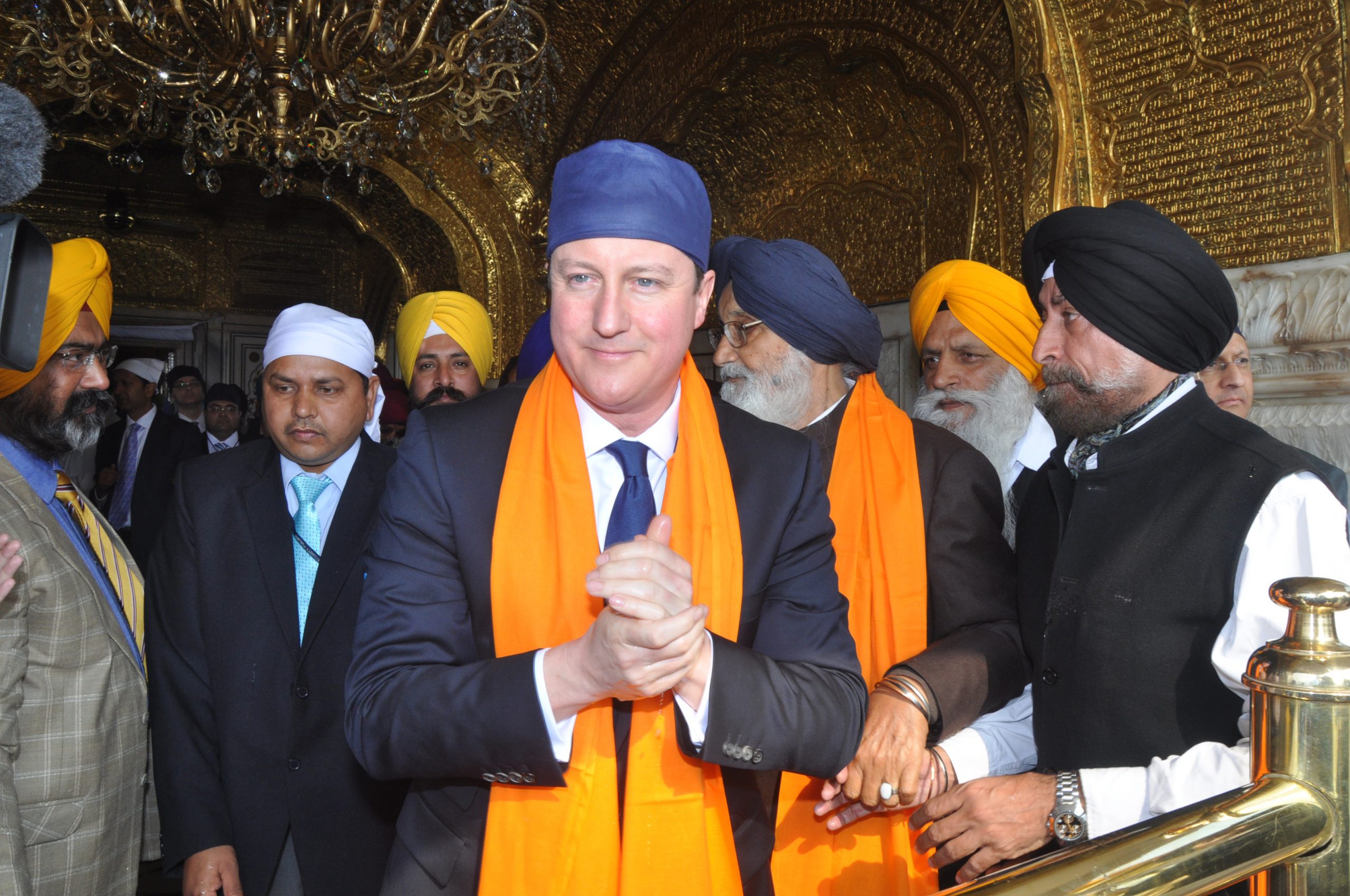Hundreds if not thousands of people were killed when Indian troops stormed the Golden Temple in Amritsar in 1984.
Thirty years later, I uncovered evidence the Thatcher administration had sent an SAS officer to advise Indian forces on the operation at the Sikh faith’s holiest site.
My revelation in 2014 caused outcry and forced the then prime minister David Cameron to order an investigation by Britain’s most senior civil servant, Jeremy Heywood.
Heywood’s review concluded, much to the relief of the Conservative Party, that the SAS officer’s advice had little impact on the actual conduct of India’s raid.
But Sikh groups condemned the review as a “whitewash”.
Their scepticism now appears valid, as it transpires that Heywood gave the son of Thatcher’s top foreign policy adviser a central role in carrying out the 2014 review.
Hugh Powell – whose father Charles was Thatcher’s private secretary – was selected by Heywood to help conduct the probe, despite the obvious risk of bias.
Repeated assurances
The revelation is contained in a recently published book by Heywood’s widow, Suzanne.
Her admission torpedoes repeated assurances from the Foreign Office that there were no conflicts of interest in the Heywood Review.
It will put pressure on Rishi Sunak, Britain’s first prime minister of Indian descent, to hold an independent inquiry, at a time when he wants to secure closer commercial ties with New Delhi.
British Sikh MP Tanmanjeet Singh Dhesi told Declassified: “This shocking revelation that the son of Charles Powell, who himself was Margaret Thatcher’s private secretary and foreign affairs adviser during the 1980s, was involved in conducting the Heywood Review in 2014, beggars belief. No wonder David Cameron and subsequent administrations have tried to brush this under the carpet!”
Dhesi, a shadow transport minister who represents Slough, added: “It’s clearer than ever that an independent inquiry is essential – as the Labour Party and Sir Keir Starmer MP have long committed to.
“The Sikh community must have transparency and justice, but it’s exasperating that the Conservative Government continues to refuse to allow this to happen. The truth must come to light.”
“It’s clearer than ever that an independent inquiry is essential”
Whitehall dynasty
Career diplomat Charles Powell was seconded from the Foreign Office in 1983 to serve as Thatcher’s private secretary.
He was “adored” in this crucial Downing Street role and stayed on as her chief adviser for defence and foreign policy until 1990.
Thatcher later attended the wedding of Powell’s son Hugh, who had followed in his father’s footsteps and joined the Foreign Office.
When evidence eventually emerged of Thatcher’s support for the Golden Temple raid, Hugh Powell was deputy national security adviser to Cameron’s coalition government.
In her book, What Does Jeremy Think?, Suzanne Heywood described my discovery of the SAS trip to Amritsar as “the first of a series of mini crises” that her husband had to deal with in 2014.
She said: “Jeremy started out this work by holding several meetings with the Sikh community to understand their concerns. He then asked Hugh Powell…a member of the National Security Secretariat, to help him search through around two hundred highly classified files, containing more than 23,000 papers, to see what they could discover.”
The government has previously refused to tell me who assisted Heywood with his review.

Many of the papers the pair inspected would have been written or received by Charles Powell in his role as Thatcher’s private secretary. Files show he was involved in a ban on Sikh protesters in Britain during 1984.
Despite having a mountain of paperwork to read, Heywood published his report in just three weeks. It concluded that the advice given by the SAS officer had “limited impact in practice” and avoided any reference to Charles Powell’s draconian stance towards Sikh activists.
Lady Heywood said the report “didn’t answer every question or contain the answers everyone wanted, but it did at least mean that the government had put as much as it could in the public domain.”
Norman Baker, who was a Home Office minister in Cameron’s coalition, told Declassified that Hugh Powell’s position “was a wholly inappropriate appointment, which looks suspiciously like one designed to get the right results without investigating the facts.
“David Cameron looks guilty of the most cynical behaviour possible with this appointment. How can it ever be right for children to investigate their parents?”
Growing doubts
Sikh community groups have never accepted the report’s findings, and Labour has pledged to hold an independent inquiry if elected. The emergence of Hugh Powell’s involvement will only further undermine confidence in the Heywood Review.
In 2020, after a successful court action by Declassified, the Foreign Office had to admit that “one or more officials who worked on UK/India diplomatic relations in 1984 helped locate and identify papers for this 2014 review.”
It is thought that those officials included Bruce Cleghorn, a diplomat in the Foriegn Office’s South Asia Department during the massacre.
The day before the raid, Cleghorn had warned colleagues: “It would be dangerous if HMG [the British government] were to become identified, in the minds of Sikhs in the UK, with some more determined action by the Indian government, in particular any attempt to storm the Golden Temple at Amritsar.”
Cleghorn was working as a Foreign Office censor – or “sensitivity reviewer” – in 2014. Some sensitivity reviewers did help locate and identify relevant files for the Heywood Review, although the Foreign Office refuses to name specific staff involved.
Key files suggesting the SAS gave further advice to India’s security forces a month after the massacre were not shown to the Heywood Review. When I found them at the National Archives in 2016, they were quickly withdrawn by the Foreign Office.
Charles Powell now sits in the House of Lords, while Hugh works in the private sector. Both men were asked to comment. Jeremy Heywood died from cancer in 2018.
Last night a UK Government spokesperson told Declassified: “The Heywood review of 2014 worked specifically to establish facts about the UK advice and assistance to the Indian Government.
“It concluded that UK assistance was advisory, ended several months before the operation, and had limited impact on the tragic events that followed.
“The UK Government has concluded that there is insufficient evidence to challenge the conclusions of the 2014 inquiry or to review the broader decisions of the government of the day.”



